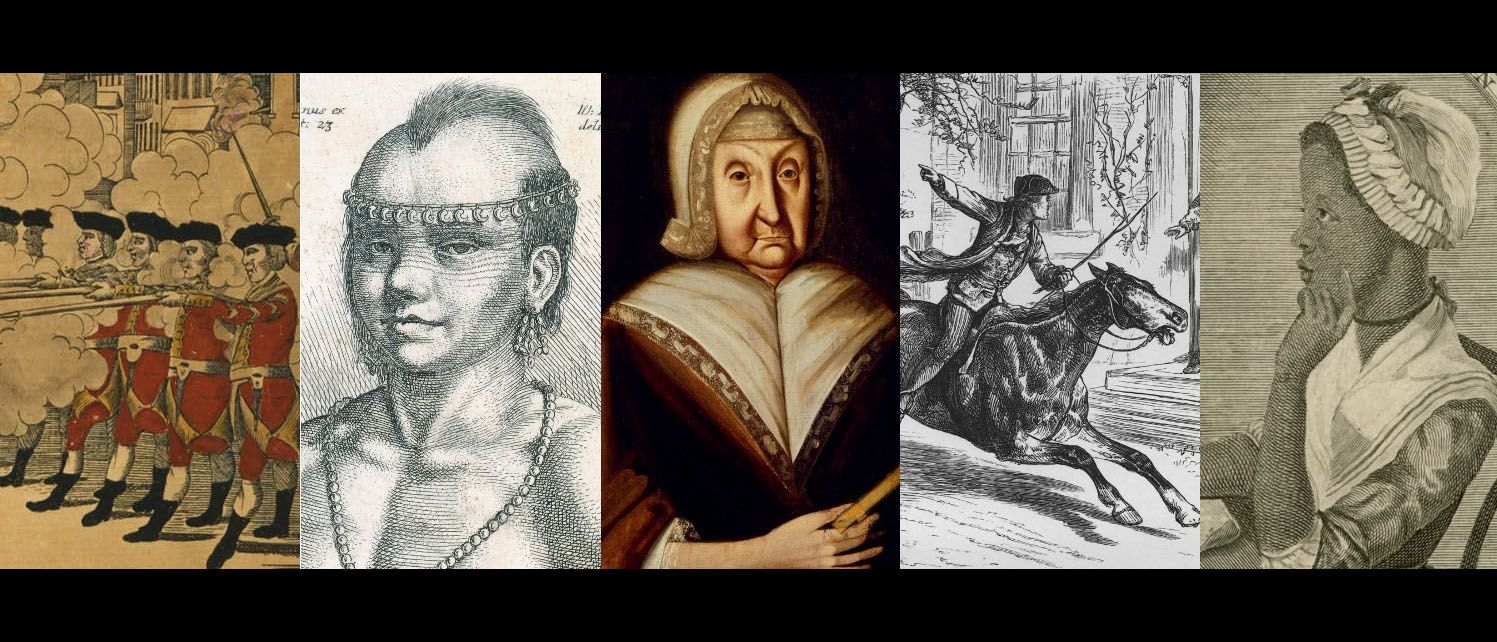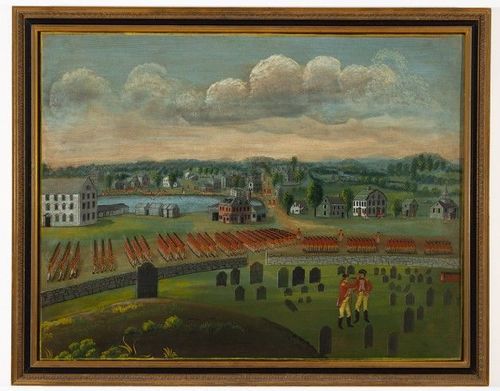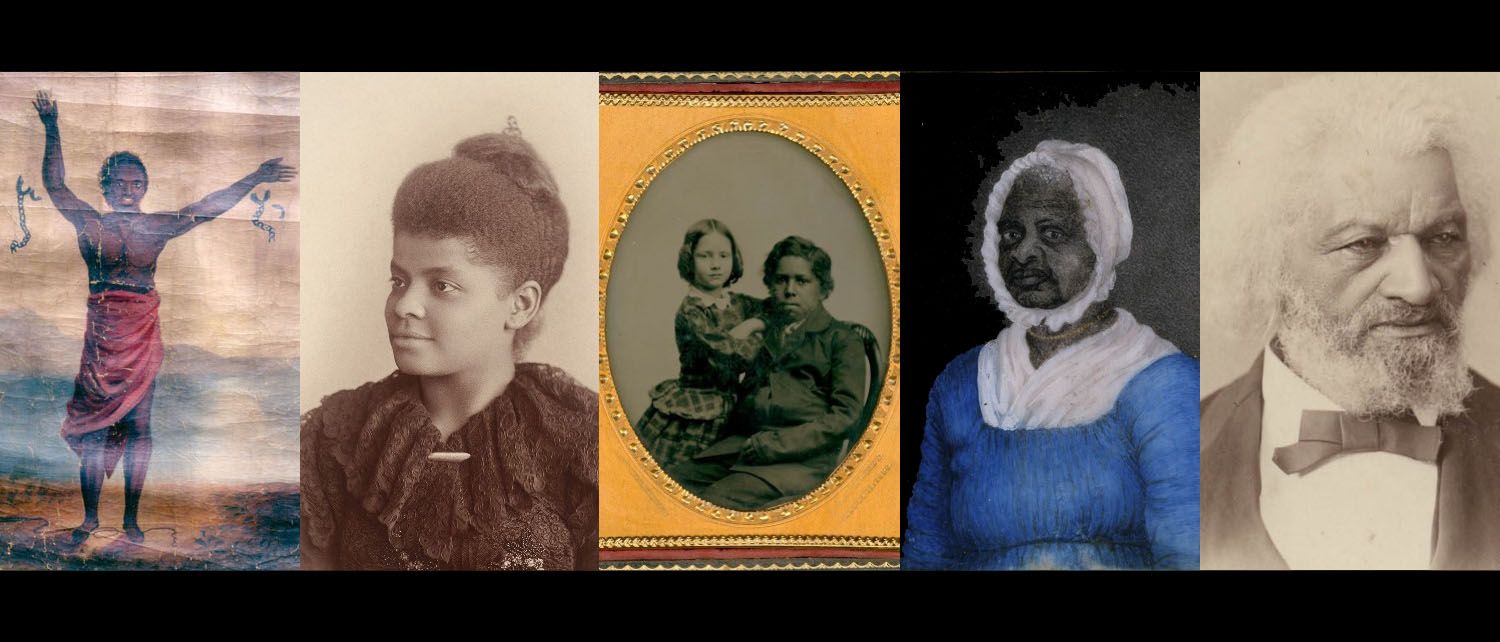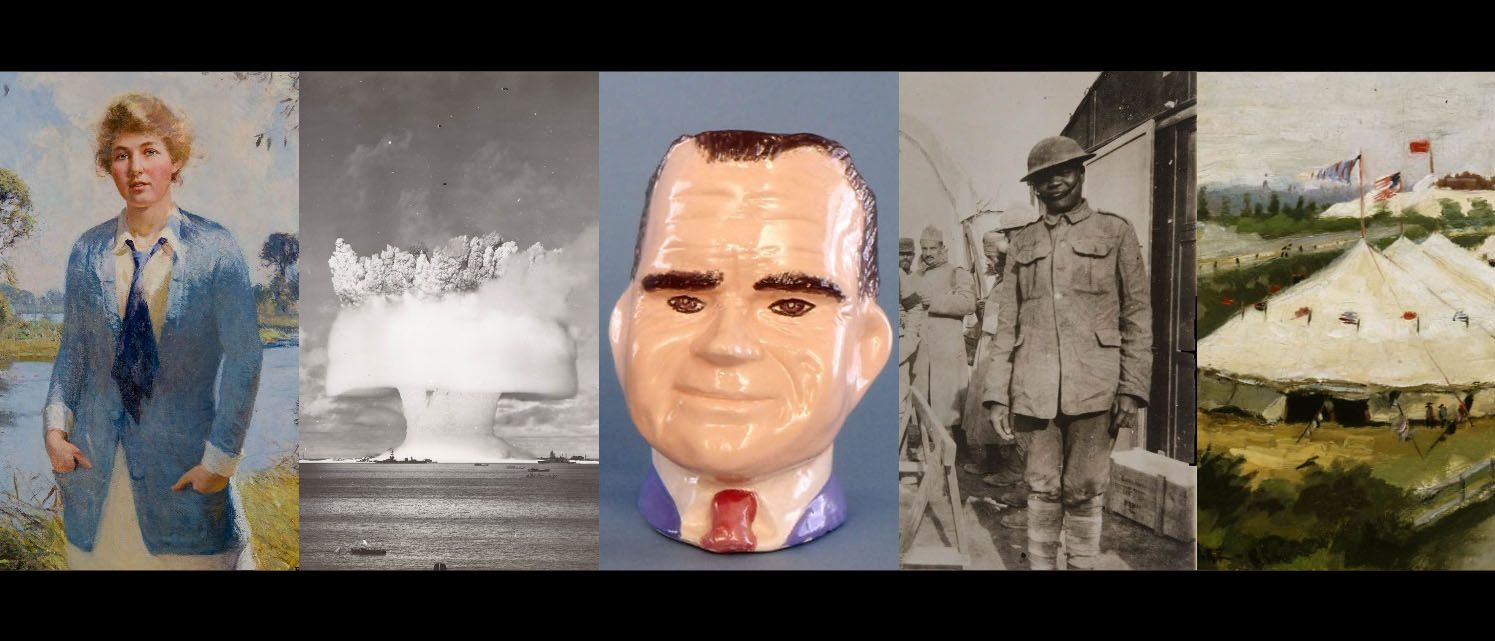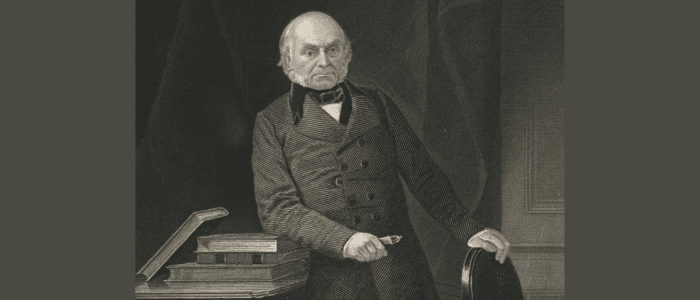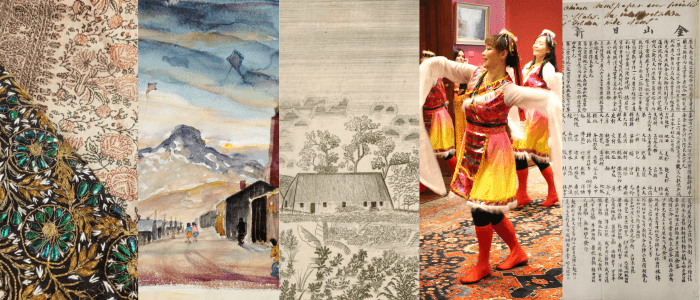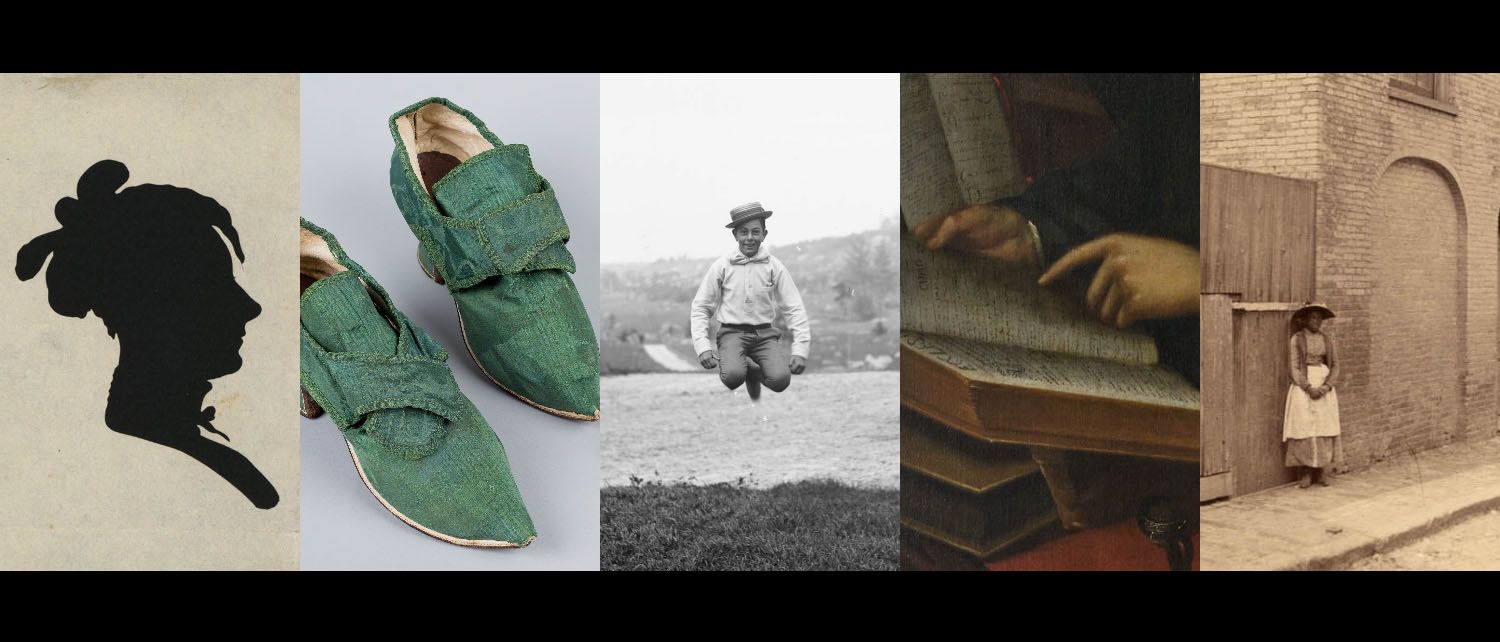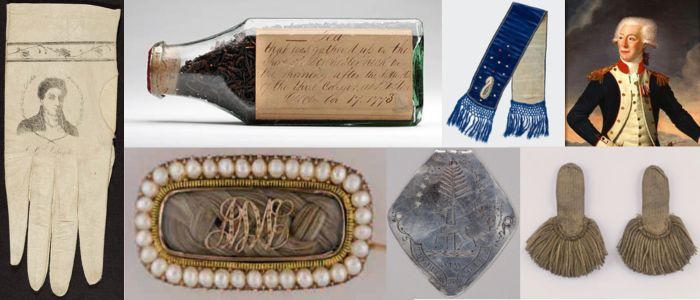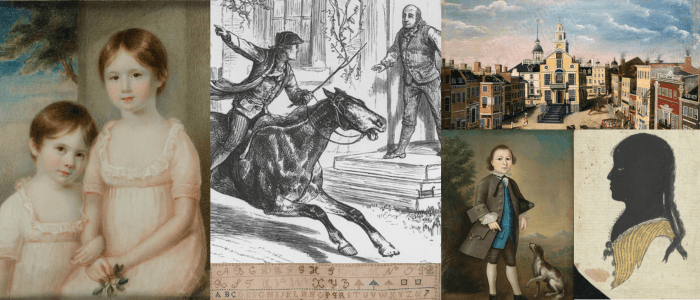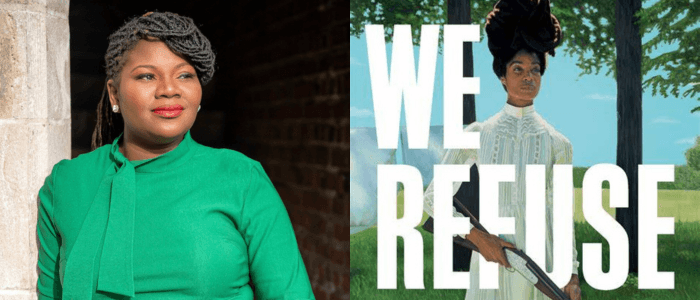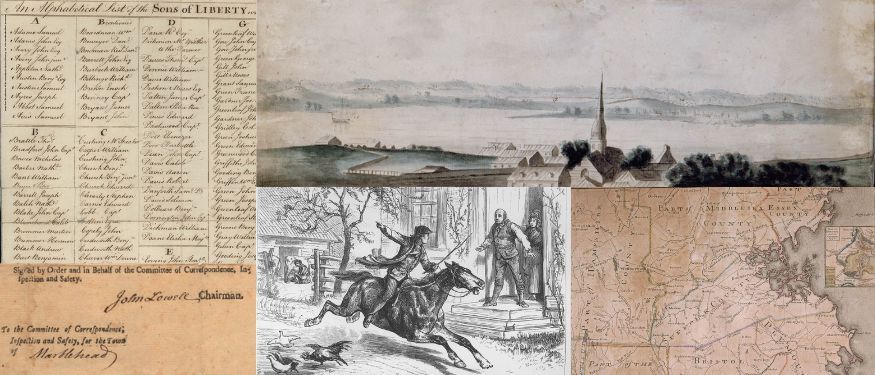Event

Boston in Film: Beyond the Oscars
Ned Hinkle, Brattle Film Foundation; Jim Vrabel; and Peter Drummey, MHS
There are a remarkable number of gritty films set in Boston, yet that is not the only way the city is depicted. There are comedies, period pieces, and films that depict the diversity of the city with much greater accuracy. Next Stop Wonderland, Paper Chase and Between the Lines have not received the same attention from the Academy, but they have devout followings and depict a different vision of Boston. Our discussion will look at these other visions of the city and discuss short films and independent productions that offer a wider perspective of our city.
This is the second of two conversations in partnership with Brattle Theater and Emerson College. Please note, this is an online program.
This is an online program.
